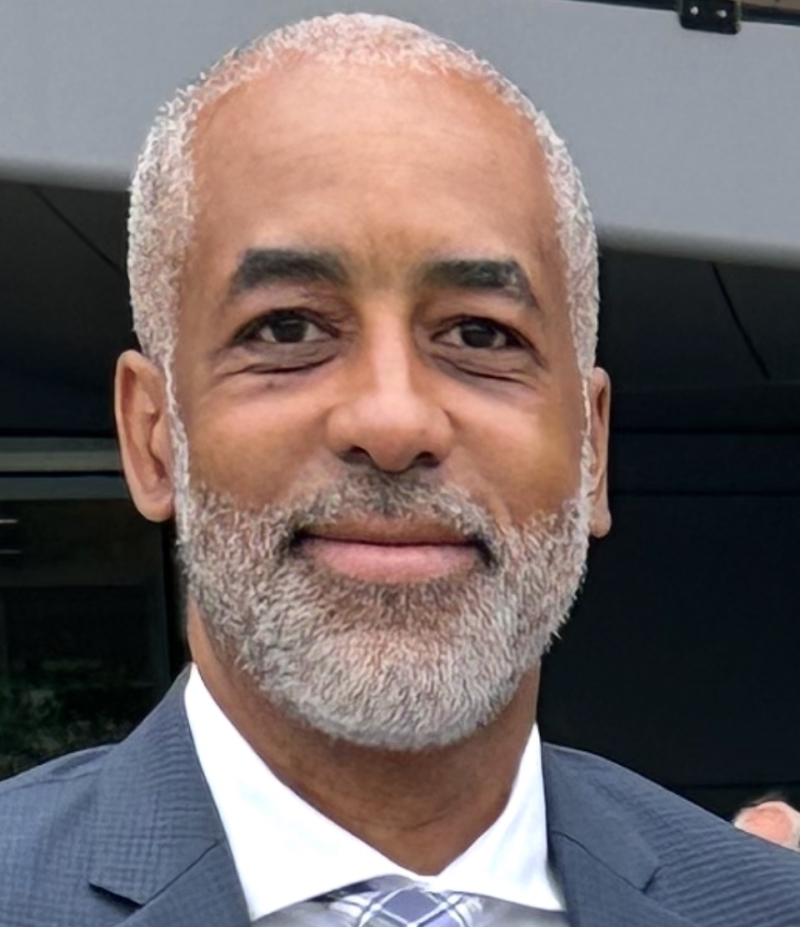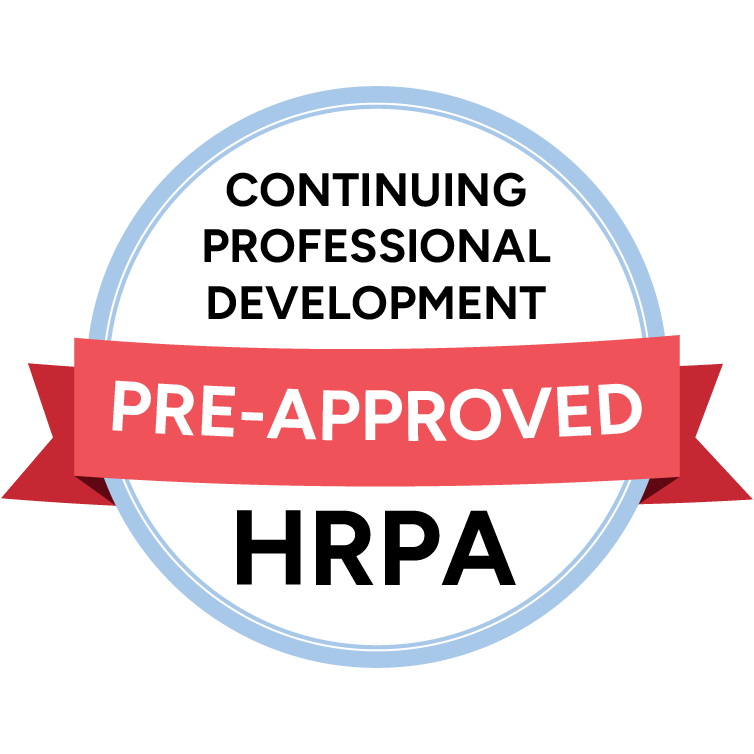Tuesday, December 9, 2025
Bargaining in the Broader Public Sector Conference
Breakfast and Registration: 8:00 am – 9:00 am
Introductory Remarks: 9:00 am – 9:05 am
Break: 10:05 am – 10:20 am
Break: 11:25 am – 11:40 am
Networking Lunch: 12:20 pm – 1:20 pm
Break: 2:30 pm – 2:45 pm
Closing Remarks: 4:00 pm
Wednesday, December 10, 2025
Labour Arbitration and Policy Conference
Breakfast and Registration: 8:00 am – 9:00 am
Introductory Remarks: 9:00 am – 9:05 am
Break: 10:20 am – 10:35 am
Networking Lunch: 11:45 am – 12:45 pm
Break: 1:15 pm – 1:30 pm
Break: 2:30 pm – 2:45 pm
Closing Remarks: 4:00 pm
Register
Toronto Labour Arbitration and Policy Conference & Bargaining in the Broader Public Sector Conference
$2,295.00Add to cart
Toronto Labour Arbitration and Policy Conference & Bargaining in the Broader Public Sector Conference – Bundle (Conference + Bargaining in the Broader Public Sector Conference Workshop)
$2,995.00Select options This product has multiple variants. The options may be chosen on the product page
Monday, December 8, 2025
Workshop
*Workshop sold separately from stand-alone conference.
Workshop schedule: 9:00 am – 4:00 pm ET (The schedule will run concurrently for both workshops until 4:00 pm.)
Additional Details: Breakfast and lunch to be provided, with a variety of snacks and refreshments available during breaks. Breakfast is provided prior to the workshop and will be available starting at 8:00 am. Please share any dietary requirements at the time of registration so we can best accommodate your needs. Our Networking Lunch is from 12:00 to 1:00 p.m. Between sessions, during refreshment breaks and lunch, you’ll have the chance to connect with peers, share strategies, and engage directly with speakers and fellow attendees.
Bargaining In The Broader Public Sector Conference Workshop
Register
Toronto Labour Arbitration and Policy Conference & Bargaining in the Broader Public Sector Conference
$2,295.00Add to cart
Toronto Labour Arbitration and Policy Conference & Bargaining in the Broader Public Sector Conference – Bundle (Conference + Workshop)
$2,995.00Select options This product has multiple variants. The options may be chosen on the product page
Bargaining in the Broader Public Sector Conference
Conference Co-chairs
Advisory Committee
David Brook
Vice President, Labour Relations & Chief Negotiations Officer
Ontario Hospital Association
Labour Arbitration and Policy Conference
Conference Co-chairs
Conference Advisory Committee
CPD













































